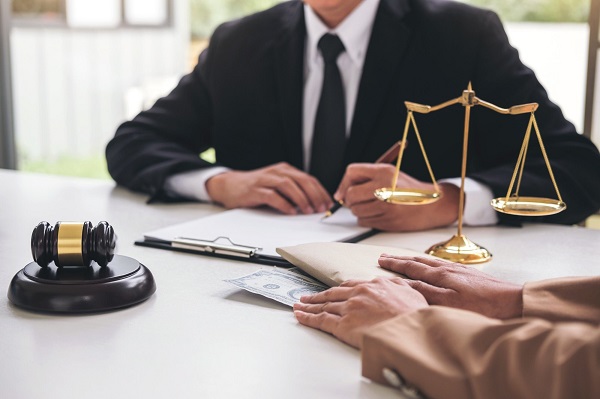Taking the first step to meet with a lawyer can be a daunting task for many. You might feel a mix of anxiety, hope, and uncertainty. After all, pursuing legal action isn’t something most people do daily. However, a well-informed approach can help you confidently navigate this path. To get started on the right foot, knowing what awaits you is beneficial. This clarity will make the process smoother and less intimidating. If you’re considering legal action, it’s essential to contact a lawyer for your free consultation. Here’s a comprehensive guide on what to anticipate during that initial meeting.
1. Introduction and Setting the Tone
Your lawyer will start with introductions and set a welcoming tone. This first interaction aims to foster trust and mutual respect. During this initial phase, the attorney’s primary goal is to ensure that you feel at ease and understand they’re there to assist. Remember, it’s a professional environment and a place where you should feel free to express your concerns, share your story, and ask questions.
2. Discussing the Basics of Your Case
This segment is your opportunity to lay out all the pertinent details of your case. The attorney will probe into the incident, how it occurred, the damages incurred, and other crucial details. They might ask about evidence, witnesses, or any communications related to the incident. The more accurate and detailed your account, the better they can evaluate your situation and advise accordingly.
3. Understanding the Legal Process

The legal realm is vast and can often seem intricate to those unfamiliar. Your attorney will break down this process, explaining the steps in pursuing a claim or lawsuit, from filing paperwork to potential court appearances. They’ll also provide insights into potential challenges, possible outcomes, and the expected duration of the case. This knowledge ensures you aren’t walking in the dark.
4. Confidentiality Assurance
One of the pillars of the attorney-client relationship is confidentiality. Your lawyer will stress this point, ensuring that everything discussed will remain between you two. This assurance is vital in building trust, allowing you to be open and honest about all aspects of your situation, knowing it won’t be shared without your consent.
5. Evaluation of Your Case’s Strength
After collecting all the necessary information, the attorney will give an initial assessment. They’ll weigh the strengths and weaknesses of your case, offering an informed perspective on its potential success. This step might also involve discussing previous cases with similar circumstances and their outcomes, giving you a clearer picture of what to expect.
6. Discussion on Fees and Costs
No one likes surprises, especially when it comes to financial matters. Your lawyer will delve into the potential costs of pursuing your case. They’ll detail their fee structure, whether a fixed rate, hourly, or based on contingency (no win, no fee). This discussion ensures transparency, allowing you to make an informed decision on proceeding based on potential financial obligations.
7. Next Steps and Recommendations
The culmination of the consultation is when your attorney lays out the blueprint for the upcoming stages. Having gauged the intricacies of your case, they’ll offer a strategic approach tailored to your unique circumstances. This might involve a more in-depth investigation into the incident, collecting supporting documents, speaking to eyewitnesses, or collaborating with expert witnesses. Additionally, your lawyer might suggest alternative avenues, such as mediation or negotiation, if they believe it’s in your best interest. It’s essential to note that while the attorney will provide their professional advice, the final decision on how to proceed always rests with you. Keeping open communication channels is pivotal, ensuring you and your lawyer are on the same page.
Navigating the legal landscape can often feel like an overwhelming maze. However, with the right guidance, it becomes a journey of empowerment. Your initial consultation is the foundation upon which your legal strategy is built, offering insight, clarity, and direction. Armed with this knowledge, you’re not just a passive observer but an informed participant. So, whenever you find yourself facing legal challenges, always remember to contact trusted lawyers for your free consultation. It’s the first step towards safeguarding your rights and ensuring you’re equipped with the best possible representation and information.




